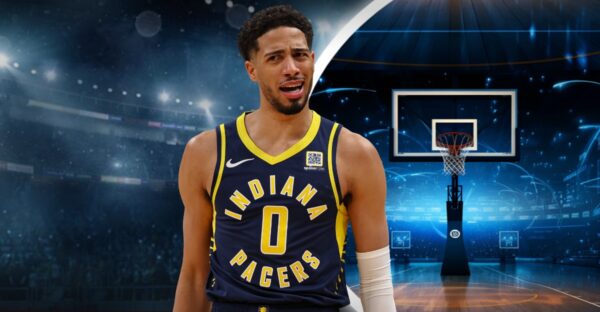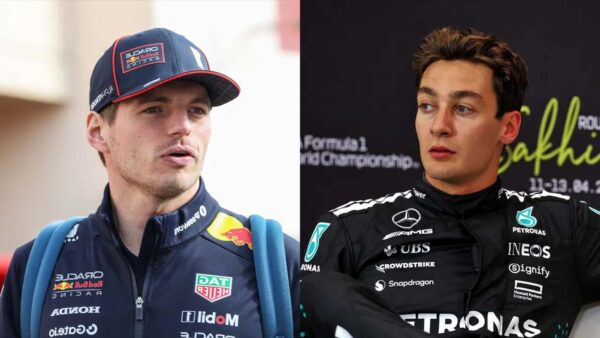Black Saturday: The day Vince McMahon brought WWE into the mainstream

Vince McMahon announces the takeover of GCW by WWF on July 14, 1984. (Image Credits- Sportster)
Everyone is aware of Vince McMahon as a pioneer in the wrestling business who helped launch the sport of pro wrestling. Vince McMahon assumed control of his father’s wrestling business with the ambition of transforming it into a well-known, international entertainment corporation. The objective seemed to be unattainable at that time, but he managed to achieve it.
In the olden days, wrestling had its restrictions, and the rules would be followed by everyone as every promoter had a mutual understanding. The entity in charge of managing the pro wrestling promotions and guaranteeing compliance with the rules was the National Wrestling Alliance (NWA).
In the 80s, a certain promotion would only run in a specific state or region, and the promoters would not be allowed to work for any other promotion. In 1982, when Vince McMahon acquired WWE from his father, he had no intention of playing by the rules.
After taking over his father’s business, McMahon abandoned the NWA, rebelled against it, and started breaching the law. He began promoting his events outside of his territory and even started to sign talents from different territories. He made sure that WWE was making its way into the national spotlight.
McMahon wanted to be the country’s sole promoter, so his next step was to secure time slots for WWF broadcasts. He sought the Southwest Championship Wrestling time slot, then set his sights on the Georgia Championship Wrestling time slot on TBS. Vince McMahon offered a deal to the founder of TBS, Ted Turner.

Turner rejected McMahon’s offer to buy GCW’s TBS timeslot, but McMahon, who was adamant about achieving the goal, came up with a different strategy. In order to assume ownership of GCW, he paid Gerald Brisco and Jim Barnett for their stakes in the company.
Then, in order to make the required adjustments, Vince McMahon laid off a number of wrestlers and staff from the promotion. The time slot was purchased by him, and WWF took over GCW. Vince McMahon’s conception of professional wrestling was very apart from what GCW fans were used to. Fans weren’t happy with McMahon’s product of pro wrestling.
The fans didn’t like McMahon’s idea of pro wrestling since it was more concerned with gimmicks than actual wrestling. His show on TBS turned out to be a complete failure, and the ratings significantly dropped. McMahon was also breaking his word; instead of broadcasting fresh programming, WWF on TBS only showed clips from house shows. Turner was even more incensed by this, so he resolved to address the rating issue.

Turner contacted Mid-South Wrestling and made a deal with them to replace the WWF on TBS. McMahon, who was losing money, decided to sell his time slot to Jim Crockett Promotions for 1 million dollars. McMahon re-joined the USA Network after the deal between him and Crockett was sealed.
The rivalry between Turner and Mr. McMahon began on the day when McMahon’s World Wrestling Federation (WWF) took over the time slot of Georgia Championship Wrestling (GCW). The date on which the WWF took over was July 14, 1984, which was a Saturday, and it came to be known as “Black Saturday” as both McMahon and Turner became foes.
Also Read: Why is Montreal Screwjob considered the most controversial moment in WWE history?
Vince McMahon had the last laugh in 2001

Jim Crockett brought back championship wrestling after Vince McMahon sold him the time slot. In 1988, Turner acquired the promotion from Crockett, which resulted in the creation of WCW. This was the beginning of the Monday night wars in the 90s.
The personal hostility between WWF owner Vince McMahon and WCW owner Ted Turner included a “rating war” as a subset of a wider conflict. The wars were termed “Monday Night Wars,” as both companies had their shows broadcast on Mondays. Throughout the 1990s, the rivalry between the two businesses intensified, and the implementation of cutthroat tactics resulted in many wrestlers and staff departing from both the companies.
The WCW dominated in the late 1990s, but as the WWF Attitude Era got underway, the tide reversed and the WCW lost their supremacy. WCW went into financial difficulties in the late 90s after the mass hiring of WWF talents.
Also Read: Shawn Michaels’ 10 Best Sweet Chin Musics of all time
WCW was removed from the Turner Organization when it merged with Time Warner and its merger with AOL. Turner was no longer in control, and despite efforts to revive the company, it was ultimately sold to Vince McMahon in 2001. McMahon had the last laugh in the end, and it was the end of the Monday Night Wars.
Also Read: How much WWE equity does Shane McMahon have?







